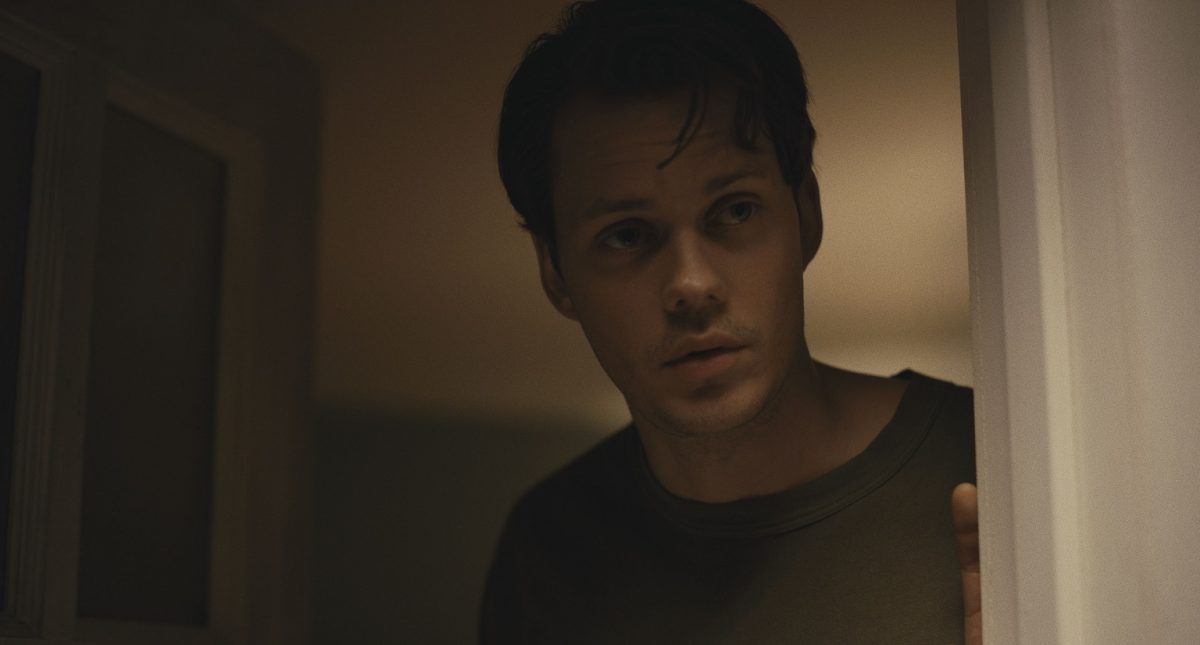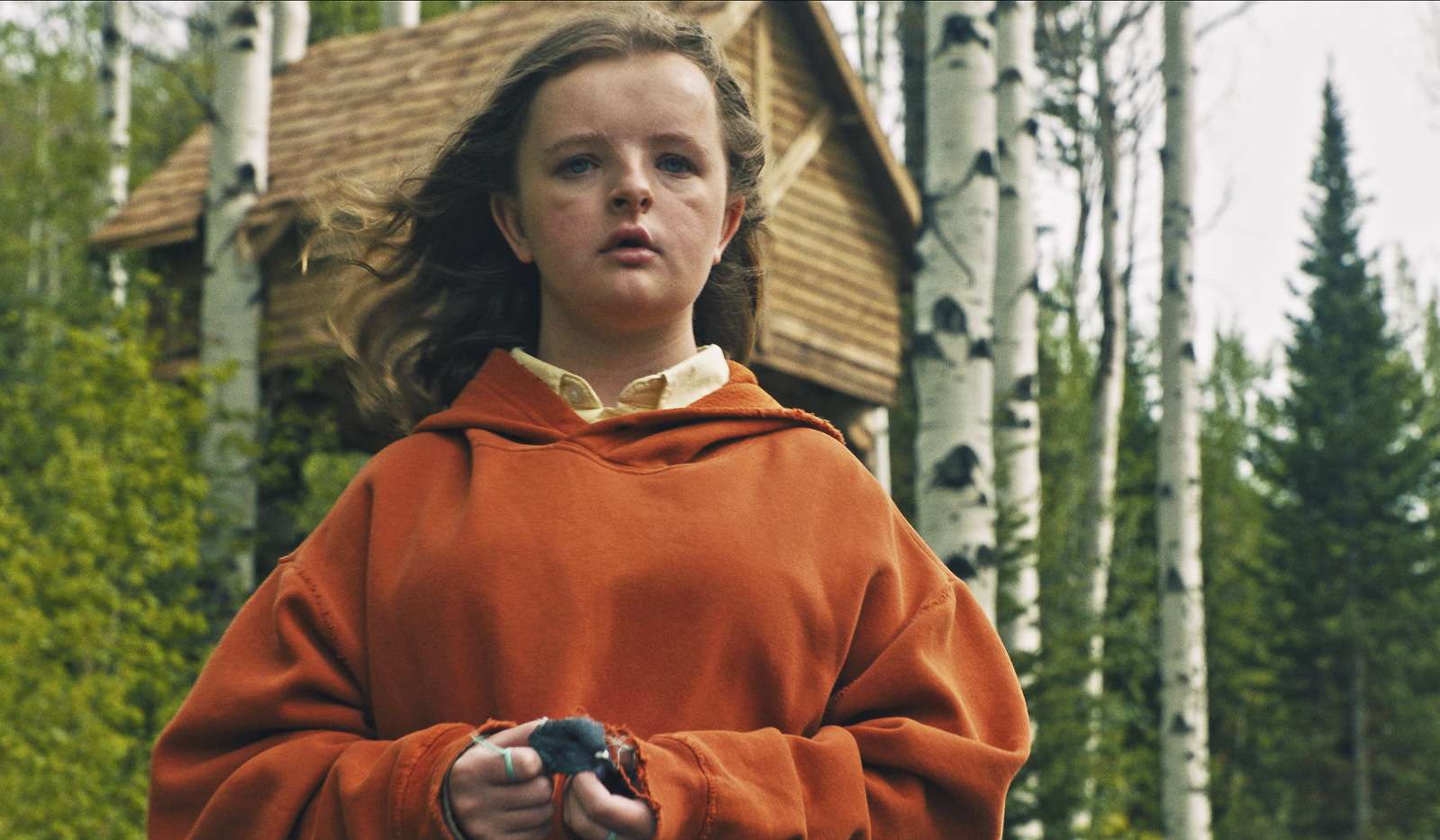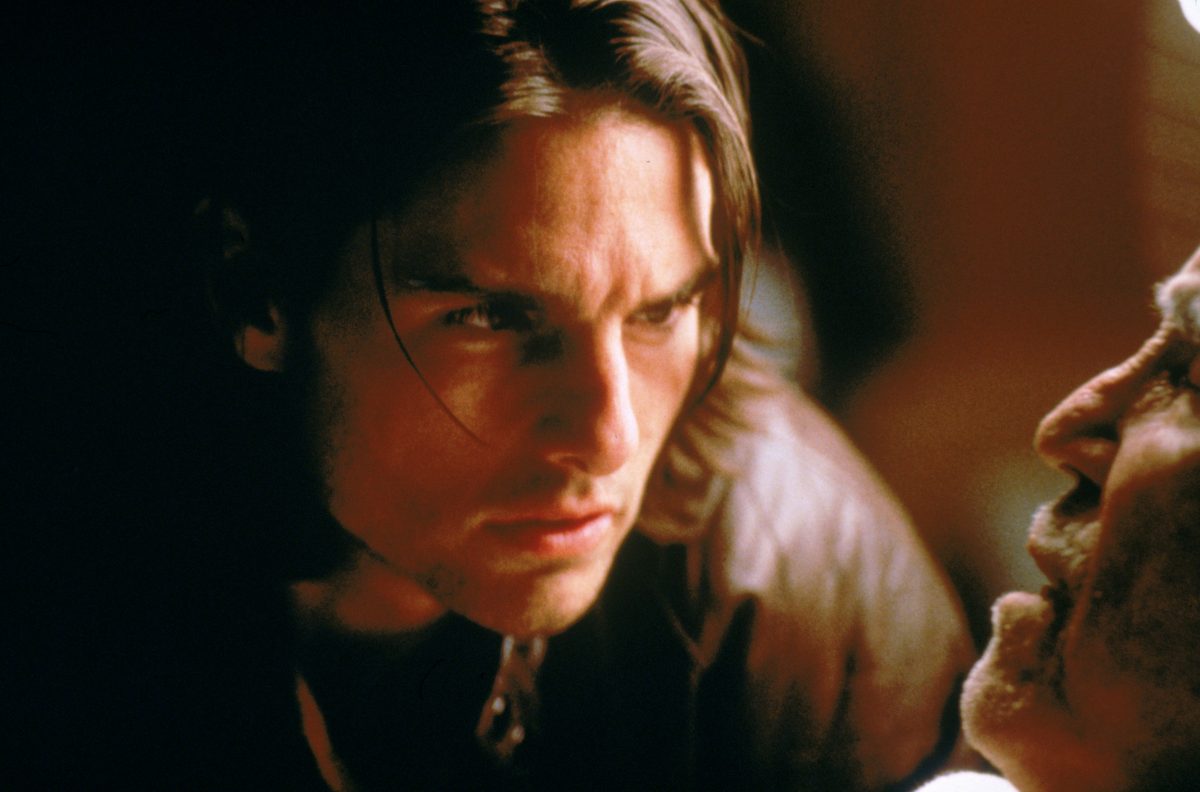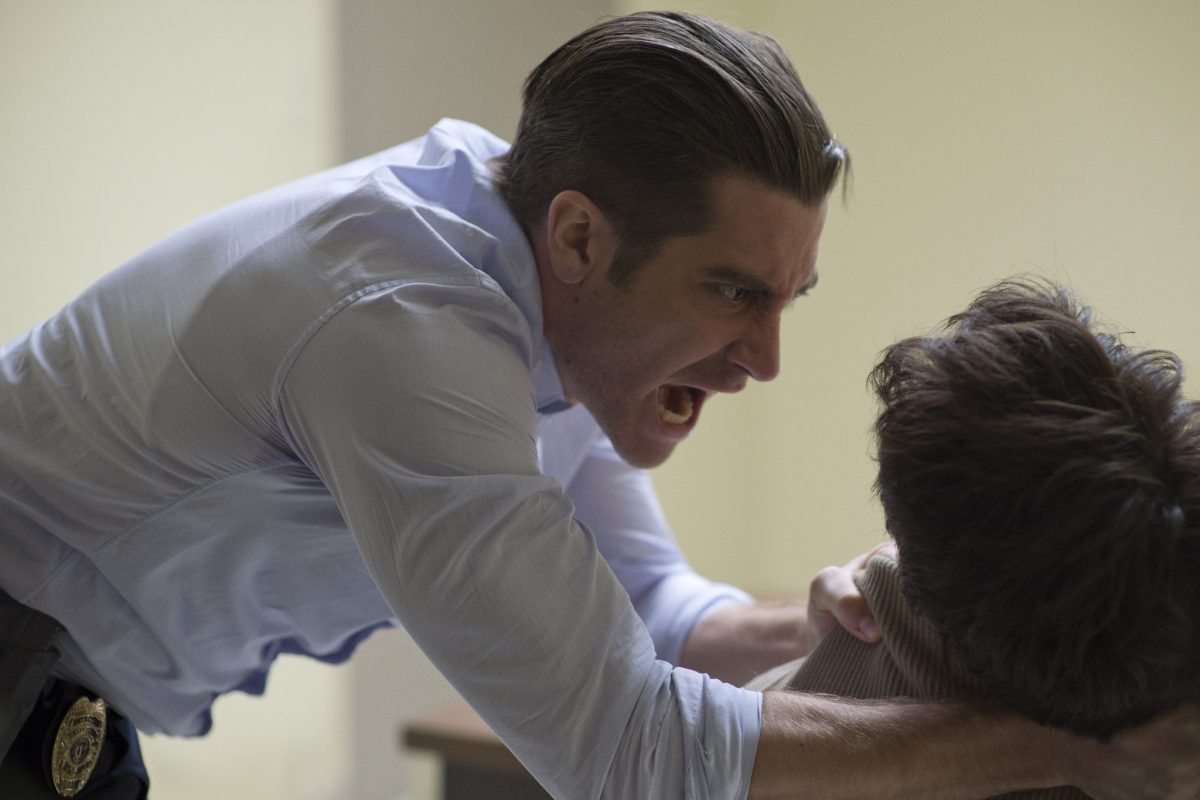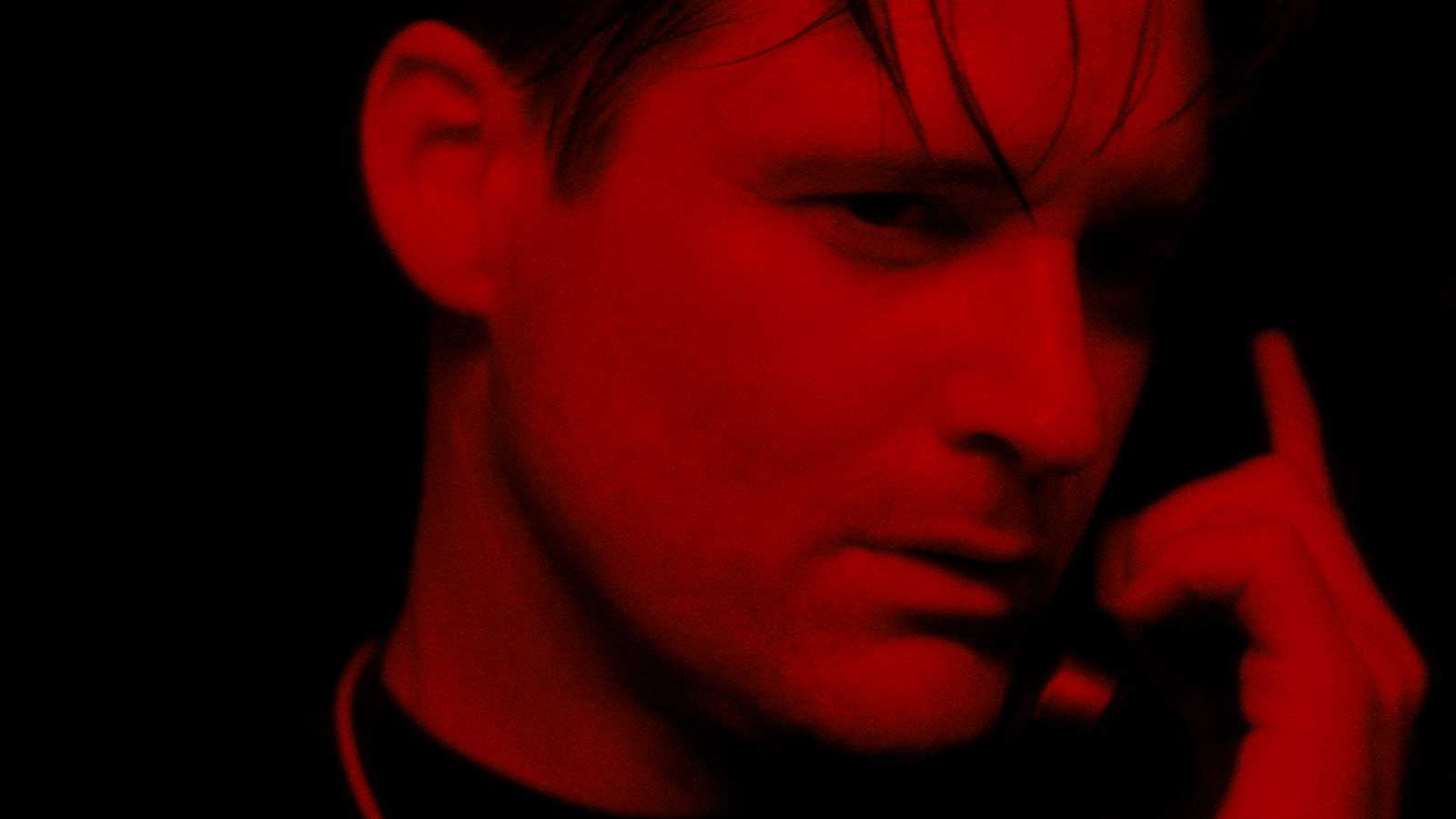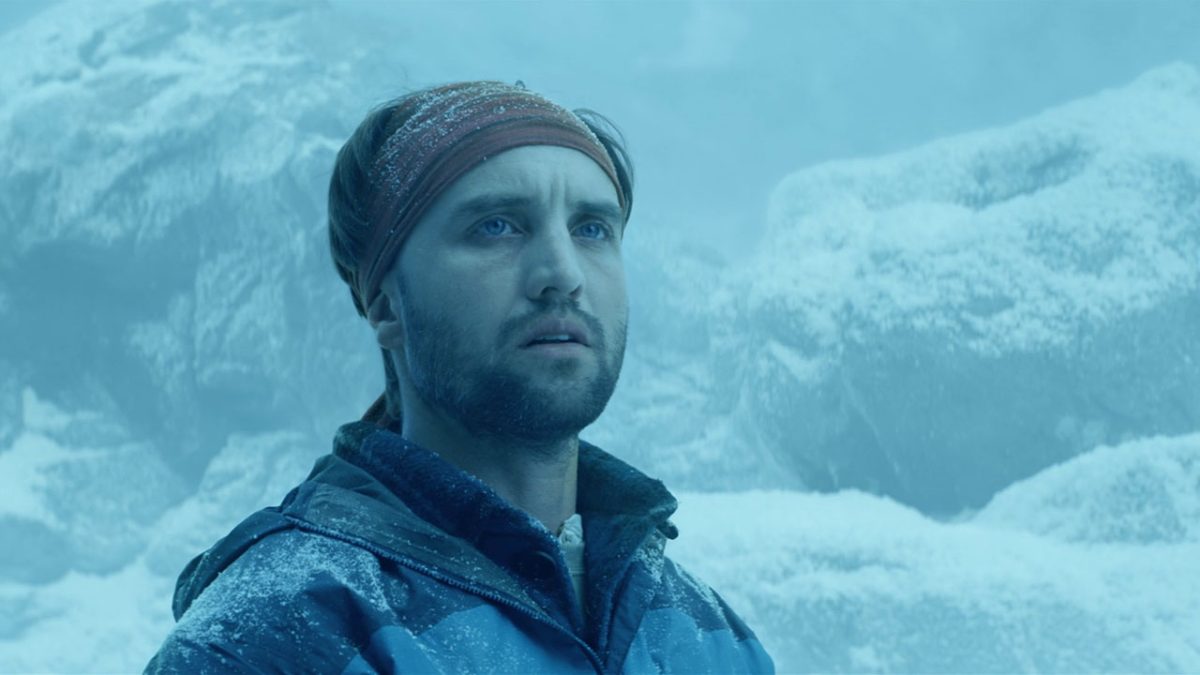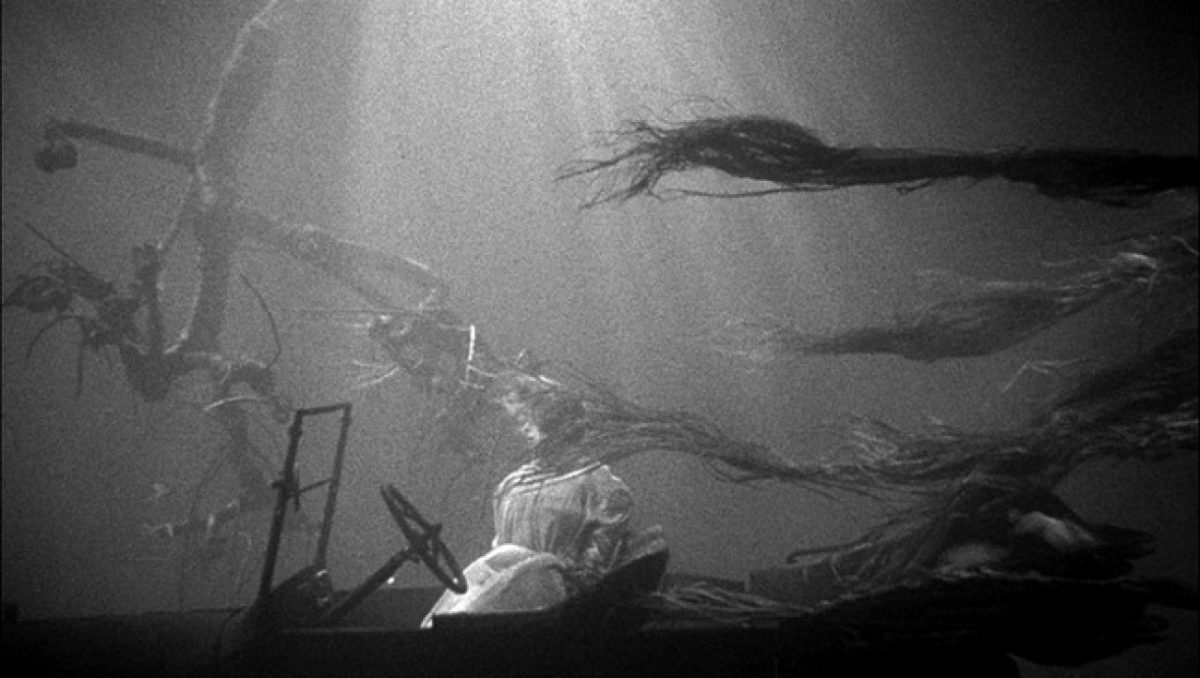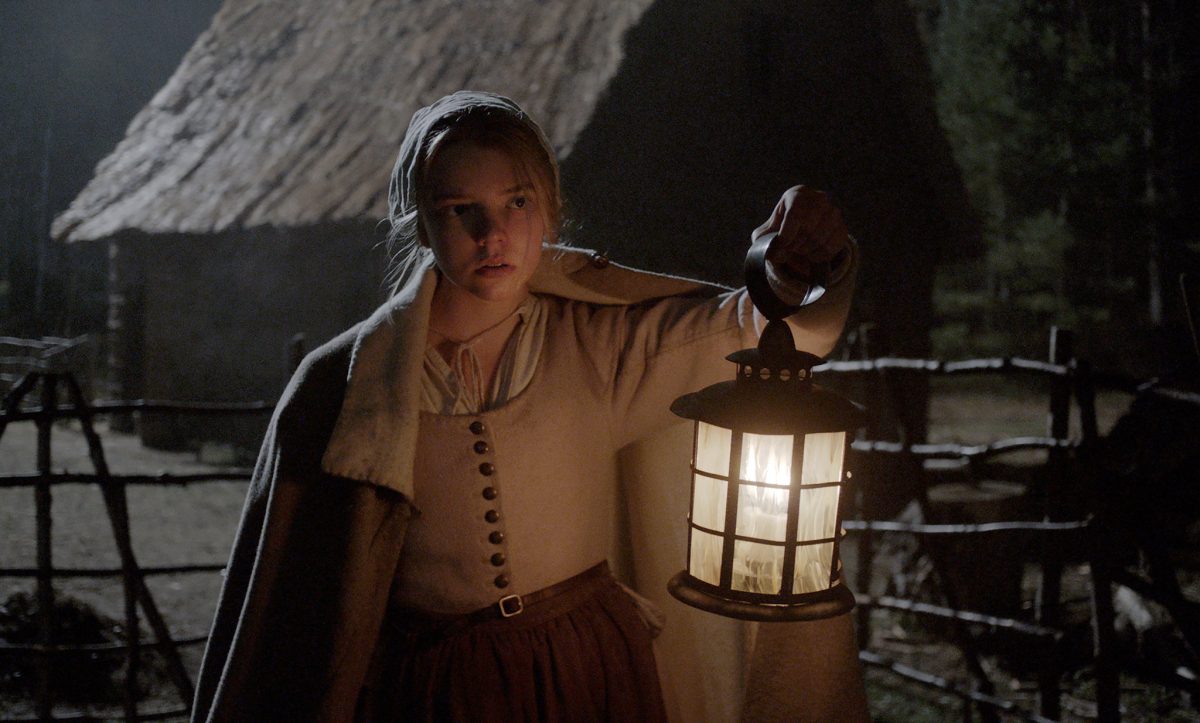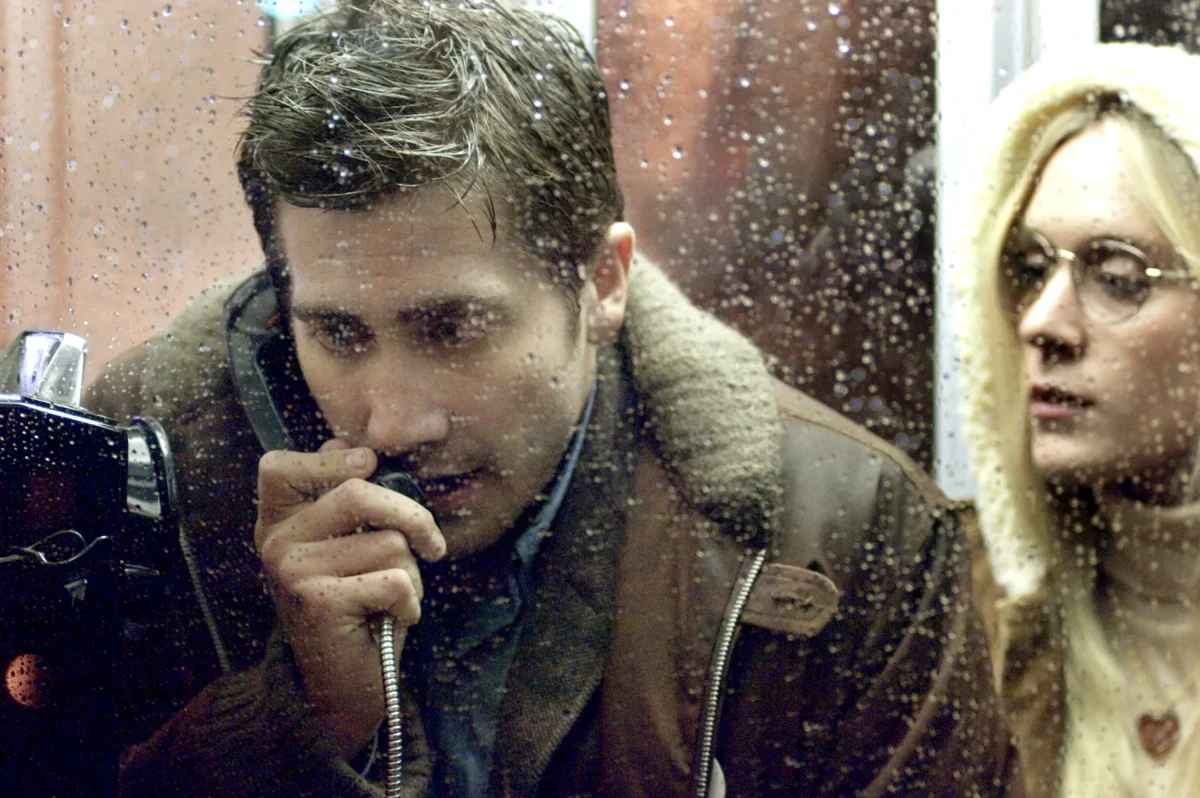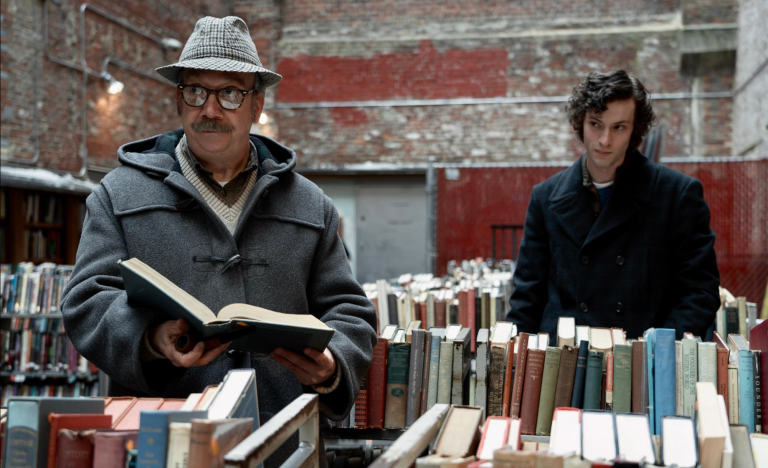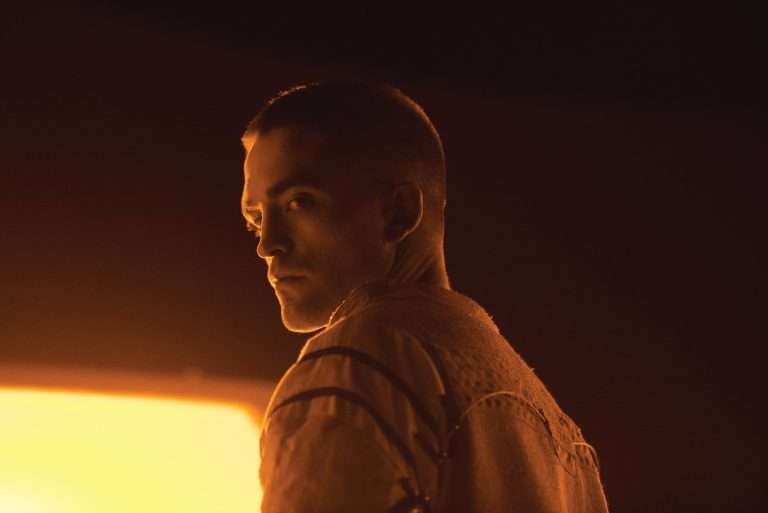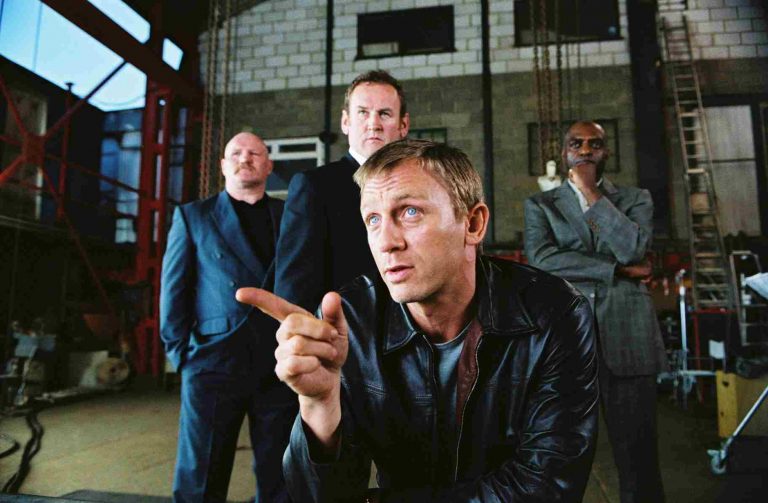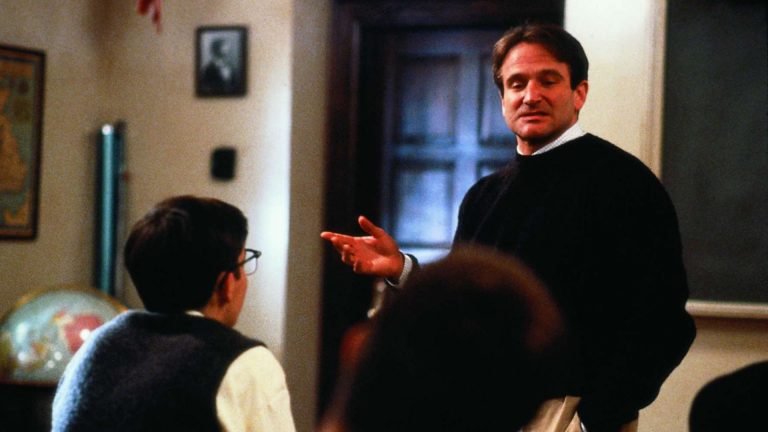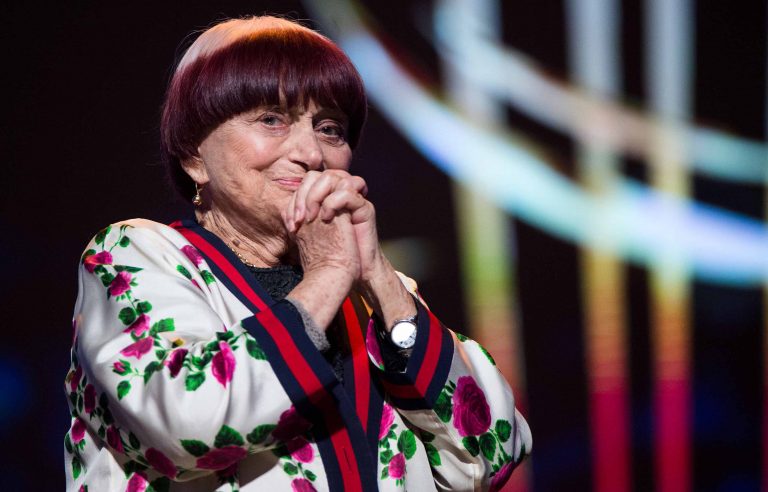2025 has been an extraordinary year for the horror genre. Between Ryan Coogler’s epic vampire fable “Sinners,” the timely techno-thriller “Companion,” the emotionally overwhelming legacy sequel “28 Years Later,” the traumatizing trauma-core “Bring Her Back,” and the gleefully graphic body horror dramedy “Together,” horror fans have had a wealth of options to choose from. However, the standout of the year so far has undoubtedly been Zach Creggar’s mysterious ensemble mystery “Weapons,” which managed to become one of the biggest “original” hits in years.
Thanks to an elusive marketing campaign and strong word-of-mouth, Cregger’s film managed to become a genuine sensation, celebrated by both cinephiles and average audiences in need of a good scare. Cregger himself has proven to be a new champion of the genre, as it’s likely that his next endeavor will get the type of elevated hype given to other contemporary horror auteurs, including Ari Aster, Jordan Peele, Osgood Perkins, Robert Eggers, Alex Garland, and Mike Flanagan.
Cregger’s film benefited not only from its creative narrative construction and intriguing hook, but also because it was both unambiguously about something and not pointing its finger at a specific societal ill. While the age of “elevated horror” may have taught an entire generation how to think about the deeper connotations within the genre, “Weapons” is a film that succeeds purely on a visceral level, even if there are deeper ideas there for those willing to look for them. Those who loved “Weapons” will also want to check out these other great films.
1. Barbarian (2022)
“Weapons” is an escalation in narrative complexity, scope, and ambition that is expected of a second feature, but Cregger first proved himself with one of the most impressive debuts in recent memory. Despite a minimal marketing campaign and only a hint of what its actual plot consisted of, “Barbarian” proved to be a breakout hit that announced a new voice in horror.
As was the case with “Weapons,” “Barbarian” has a creative framing device that forces the audience to consistently rethink their perception of the characters, as Cregger is clearly someone who knows his audience and understands that they might be quick to determine potential misdirections. However, “Barbarian” is not a cheeky, self-aware satire in the vein of “Scream;” there’s something truly sinister at the heart of the film, and Creggers swings for the fences with his wild twists and turns.
“Barbarian” isn’t the first horror film to examine trauma, abuse, and misogyny, but the film isn’t ham-fisted in concentrating on its ideas. Those interested in purely viewing it as a modern fairy tale will find a lot to chew on, especially when Cregger reveals the ways in which parasitic creatures have infested the modern financial market.
“Weapons” is certainly the more confident and experimental work, as Cregger was given the freedom to coast purely on vibes before shifting into something more expected of the genre. Nonetheless, “Barbarian” was an indication of what he was capable of, as it’s the type of gleefully original, expertly crafted work of excessive creativity that the industry needs more of.
2. Hereditary (2018)
“Hereditary” has now become synonymous with a generation of “elevated horror” films that use their more supernatural and austere components to graft achingly obvious metaphors of trauma, depression, and mental illness. It’s comparable to the birth of cheaply made science fiction flicks in the aftermath of “Star Wars;” sometimes, a truly groundbreaking work of art can inspire truly unforgivable imitators.
It’s perhaps due to the overabundance of other family-centric horror films that “Hereditary” stands out so well, as, like “Weapons,” it is not masking what the subtext is. “Heredity” looks at just how frustrating it can be to be met with continuous tragedy, and how the complication of trauma can begin to feel like a curse.
Related Read: All 4 Ari Aster Movies (Including Eddington), Ranked
Part of the reason that “Weapons” has hit surprisingly well with a broad audience is the seamless way that it captures the terror of being a parent in 2025, where it’s possible to react with fear, shock, and confusion at the strange and unusual dangers that children are faced with. “Hereditary” hammers this point even further thanks to a truly all-time great performance from Toni Collette, whose righteous frustration and fury give the film its prickly, unforgettable quality.
“Hereditary” is deeply traumatizing in the way that it literalizes the worst nightmares of any parent, sibling, or bystander who witnesses a tragedy, but it’s also unafraid to get genuinely gross by its final act. Ari Aster is most certainly a provocateur, but he’s often not given enough credit for being an entertainer with a chillingly dark sense of humor.
3. Magnolia (1999)
Comparisons between “Magnolia” and “Weapons” have been made ever since Cregger cited Paul Thomas Anderson’s 1999 masterpiece as a source of inspiration, with more parallels drawn thanks to the similar appearances of the police officers played by John C. Reilly and Alden Ehrenreich in the two films, respectively. It’s true that both films involve an intertwining narrative that creatively binds a large ensemble together, even if “Weapons” is ultimately more direct and has a clear central climax.
The more prescient similarities between the two films are in how they examine the collective emotions of a community impacted by an unforeseen, seemingly inexplicable force of unknowable mystery. The drama that emerges is in seeing how these characters, all of whom come from different backgrounds and hold different experiences, are made more loathsome, empathetic, and ultimately human by these strange occurrences.
Also Read: All Paul Thomas Anderson Movies Ranked
“Magnolia” may not be the best entry in Anderson’s catalog, but it contains all the hallmarks that define his most famous work; the psychological dread of “The Master,” the sprawling ensemble of “Boogie Nights,” the anarchic dark comedy of “Punch Drunk-Love,” the social satire of “Phantom Thread,” and the befuddling pseudo-logic of “Inherent Vice” are all incorporated into a film that grows stronger upon each rewatch.
While respected at the time of its initial release, “Magnolia” has come to stand the test of time as the type of ambition only possible by a young filmmaker in a position to challenge themselves. One would hope that Cregger would reach a similar place with his next film.
4. Prisoners (2013)
Another film cited early on by Cregger as an influence on “Weapons” is Denis Villeneuve’s captivating crime thriller “Prisoners,” and not just because they share a similar inciting incident. “Prisoners” somehow has the same breathtaking worldbuilding and mysterious intrigue as Villeneuve’s massive science fiction spectacles. It dares to look at the horror that exists and defines America’s neighborhoods. The concept of such terrifying actions taking place under the nose of an ignorant suburbia isn’t just unsettling on a visceral level, but disturbing in what they imply about restorative justice. Perhaps the idealistic sense of mundanity that these well-meaning families have held on to is masking their complacency with subjugated evil waiting to be unleashed.
Much like “Weapons,” “Prisoners” is a procedural that unpacks the scale and ramifications of its tragedy through the perspective of multiple characters, each of whom is flawed in their own ways. The strongest inspiration for Josh Brolin’s remarkable performance as a guilt-ridden father in “Weapons” is the terrifying, wounded role from Hugh Jackman in “Prisoners,” which serves as a reminder that he’s one of the greatest living actors.
Also Read: Decoding the Symbolic Ending of Prisoners (2013)
Jackman may have put on the persona of a charming song-and-dance man in between his appearances as Wolverine in the larger “X-Men” franchise and its spinoffs, but “Prisoners” allowed him to unlock a painful, damaged character with the impenetrable veracity of Marlon Brando or Robert Mitchum. It’s perhaps fitting that a film as uncomfortable yet rewarding as “Prisoners” felt like it took each member of its cast and crew slightly outside their comfort zones to tackle something more existential.
5. No Country For Old Men (2007)
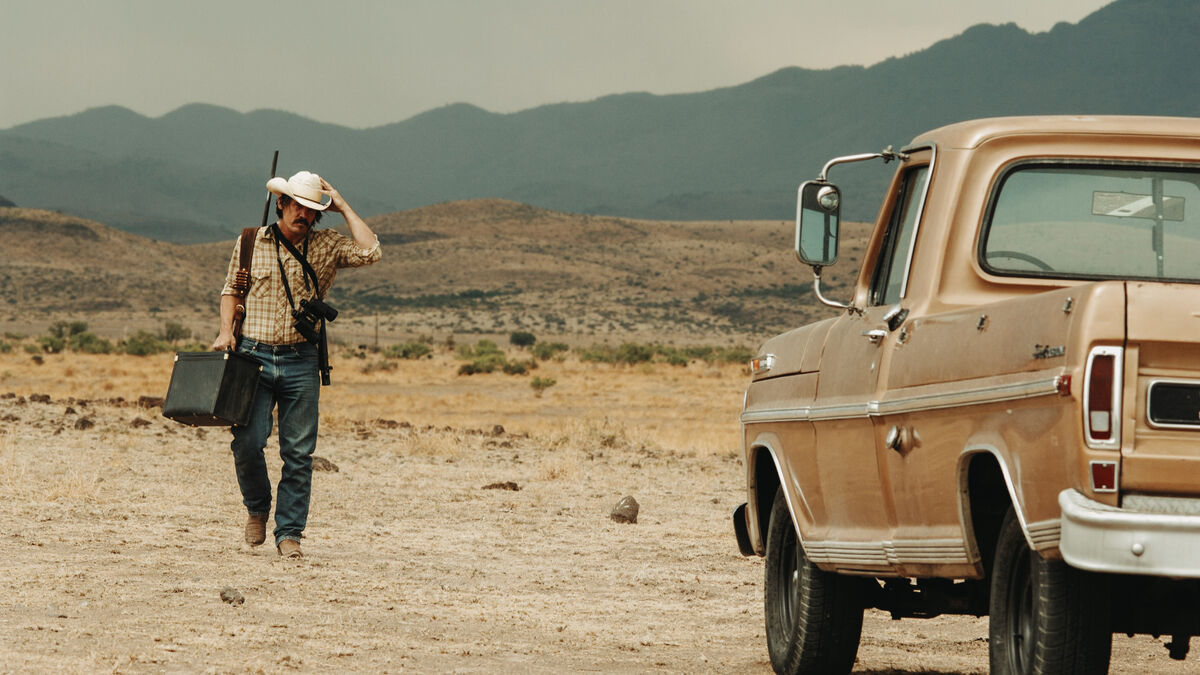
The Coen brothers may be the most instantly canonized American filmmakers in history, as it was not long after their debut that the duo proved themselves capable of experimenting within a vast multitude of genres and found success in them all. There’s hardly any modern American films that don’t share at least something in common with one of the Coens’ classic, and “Weapons” could be compared to the picturesque tragedy of “Fargo,” the existential dread “Barton Fink,” the communal reckoning of “A Serious Man,” or even the absurdist shenanigans of “Raising Arizona.”
However, “No Country for Old Men” is perhaps the closest that the Coens have come to pure horror, even if it is in many ways their most grounded film. To the generation that has watched unseemly violence and greed overtake their community, a suspicion has arisen that the country no longer belongs to them.
Like “Weapons,” “No Country For Old Men” unpacks a complex situation of crimes and their consequences, fueling speculation about motivations through its many perspectives. Brolin’s performance in “Weapons” may have shown the unbridled terror of a man losing control, but his role in “No Country For Old Men” is equally vulnerable, as Llewelyn Moss is at least somewhat aware of the dark inevitability of his choices. If “Weapons” cracked beneath the surface of the ideal American middle class, then “No Country For Old Men” struck back at any perceptions about the “Wild West” with its bitter, cynical contemplation about the inherent violence of history.
6. Lost Highway (1997)
David Lynch has such a monopoly on the collective understanding of what surrealism is that it’s become irritating to see any modern work that touches on some dreamlike qualities be described as “Lynchian.” Although “Weapons” is a more openly entertaining and specifically constructed neo-noir horror than most of Lynch’s work, it does tap into the unusual ways in which the subconscious can both mirror and anticipate the resurrection of deep anxieties.
“Weapons” examines how identity can be obscured by tragedy, but “Lost Highway” cuts into a deeper sense of unknowability, tracking characters that become doppelgangers. While “Blue Velvet” may be a more apt comparison due to its shared suburban focus, “Lost Highway” taps into a similar psychoanalytic study about the doomed repetition of tragedy.
Must Read: All David Lynch Movies, Ranked
All of Lynch’s work has been reclaimed in one way or another by his fans, but “Lost Highway” is in many ways his most underrated work. Although it contains the overwhelming density of “Mulholland Drive,” the graphic violence of “Wild at Heart,” and even the engaging cast of unusual characters of “Twin Peaks,” “Lost Highway” is seedy, lurid, and borderline exploitative in how it reappropriates noir themes.
Like “Weapons,” “Lost Highway” taps into such inherently terrifying concepts that merely explaining them is its own form of horror. “Weapons” does offer a more concrete conclusion with firm answers than anything Lynch would have done, but both films end with a similarly ambiguous denouement; which versions of us have survived, and what does this next iteration of our reality entail?
7. The Empty Man (2020)
Filmed in 2017 and effectively abandoned by 20th Century Fox, “The Empty Man” was considered too strange, aloof, and commercially unviable to receive a theatrical release, even if buzz began to build that David Prior’s directorial debut was a secret masterpiece.
It was amidst the acquisition of Fox assets by the Walt Disney Company that “The Empty Man” was dumped in theaters during the height of the COVID-19 pandemic in 2020, effectively burying its chance to be a breakout hit. However, brilliance is often hard to deny, and the shenanigans surrounding the rollout of “The Empty Man” may have inadvertently aided in solidifying its legacy. Not only was Prior’s film one of the most ambitious studio releases in years, but the film that “no one wanted you to see.”
Like “Weapons,” “The Empty Man” is a procedural with a supernatural bent, and unpacks the tragedy and secrets that surround a small Midwestern city. Although he has put aside investigations in the wake of the tragic death of his family, former detective James Lasombra (James Badge Dale) begins to look into a mysterious series of adolescent deaths, which are seemingly connected to another unreported massacre from nearly thirty years prior.
Sprawling, narratively complex, and scary to an absurd degree, “The Empty Man” has the ambition of an epic, but never gets so lost in its own mythology to avoid being entertaining. “Weapons” was miraculously successful at reaching a mainstream crowd, as the collective shrug that “The Empty Man” was met with suggested that audiences weren’t ready to accept nice things.
8. The Night of the Hunter (1955)
“Weapons” is a horror film told through the eyes of children, even if it ends up having more to say about the ignorance of the community’s adults. The same description could apply to “The Night of the Hunter,” a film that witnessed one of the most astounding restorative campaigns for its reputation in cinematic history.
The directorial debut of acclaimed actor Charles Laughton was unfairly dismissed upon its initial release, ensuring that he would never be able to step behind the camera again. It’s astounding that such an obvious work of genius would be rejected so thoroughly, but the legacy of “The Night of the Hunter” wore out, as it would subsequently be cited as an influence by such wide-ranging filmmakers as the Coen brothers, Guillermo del Toro, Martin Scorsese, Spike Lee, Robert Altman, and Rainer Werner Fassbinder.
Also Read: The Night of the Hunter (1955) Movie Review
A dark fairy tale in the vein of “Weapons,” “The Night of the Hunter” features what may be the most remarkable performance of Robert Mitchum’s career as Harry Powell, a traveling preacher who seeks to extort a single mother of her fortune.
More terrifying than the haunting shots of Powell idly riding into the community is the “spell” of sorts that he places on the entire town, as it’s only the two children, John (Billy Chapin) and Pearl (Sally Jane Bruce), that seem capable of resisting his manipulation. In addition to creating some of the most iconic imagery in film history, “The Night of the Hunter” embodied a new movement of American expressionism that still has an influence on the modern perception of horror, neo-noir, and crime fiction.
9. The Witch (2016)
The marketing of “Weapons” was surprisingly coy about what exactly the sinister presence at the center of its mystery was, but Cregger’s film is unambiguously a parasitic story about a witch who feeds upon the innocence of children. Different societal implications can be painted upon that broad canvas, but the inherent chills that this sort of nightmarish presence provides allow filmmakers to tap into something banal and unusual. Eggers has now built himself into a jack-of-all-trades when it comes to the subgenres of horror, but his directorial debut has come to represent the platonic ideal of what a period work of folk horror can be.
Despite being set in the seventeenth century, “The Witch” tackles remarkably similar themes to “Weapons,” as they both use the corruption and disappearance of children to look at the lingering guilt and grief of their parents. “The Witch” also taps into a loss of innocence, as Anya Taylor-Joy earned her breakout performance as a pubescent girl tempted by the unseemly evil of an enigmatic evil force.
“Weapons” used the rampant fear and mistrust of a divided America to unpack the lines of division that have incentivized communities to turn on each other, and “The Witch” finds a similar horror in the uncomfortable way that America crafted its religious identity. Even if settlers came to the new world with hopes of being puritan, the mistrust and anxiety about any hint of outside influence led to a violent process of excommunication and subjugation, resulting in far more monstrous crimes than the ones that had been unsuccessfully expunged.
10. Zodiac (2007)
David Fincher’s aesthetic has impacted nearly every film with even a hint of the psychological thriller genre within the last several decades, even if the director himself has done the most to experiment with his own aesthetic. “Se7en” and “Fight Club” may have established Fincher as an uncompromising auteur with a cutting edge of cynicism, but “Zodiac” is the masterpiece that his entire career was headed towards.
Like “Weapons,” “Zodiac” begins as a straightforward procedural before turning into an obsessive character drama, questioning what people become when they are unable to unpack mysteries. While it lacks the supernatural flare that Cregger introduced, “Zodiac” delicately plays around with reality to create a modern-day fairy tale of sorts, but one grounded in one of the most legendary true crime cases of all time.
Also Read: 18 Years of Zodiac (2007)
Cregger may have drawn inspiration from Fincher’s ability to challenge what horror should be; with killings conducted in broad daylight, extended examinations of process, and critical inciting incidents performed offscreen, everything about “Zodiac” is strange and off-putting. That the film pioneered the use of digital techniques is only further confirmation of Fincher’s message that, despite the advances of technology and groupthink, society is still unprepared to tackle organic threats that exist with no clear motivation.
It’s not hard to think about how “Weapons” comes to represent the same thing, as Cregger has the ambiguous ability to hint at a much broader context, as his refusal to offer direct explanations mirrors the tightrope walk that Fincher has handled so expertly.
Other Pieces on Weapons:
Weapons (2025) Movie Review
Weapons (2025) Movie Ending Explained

